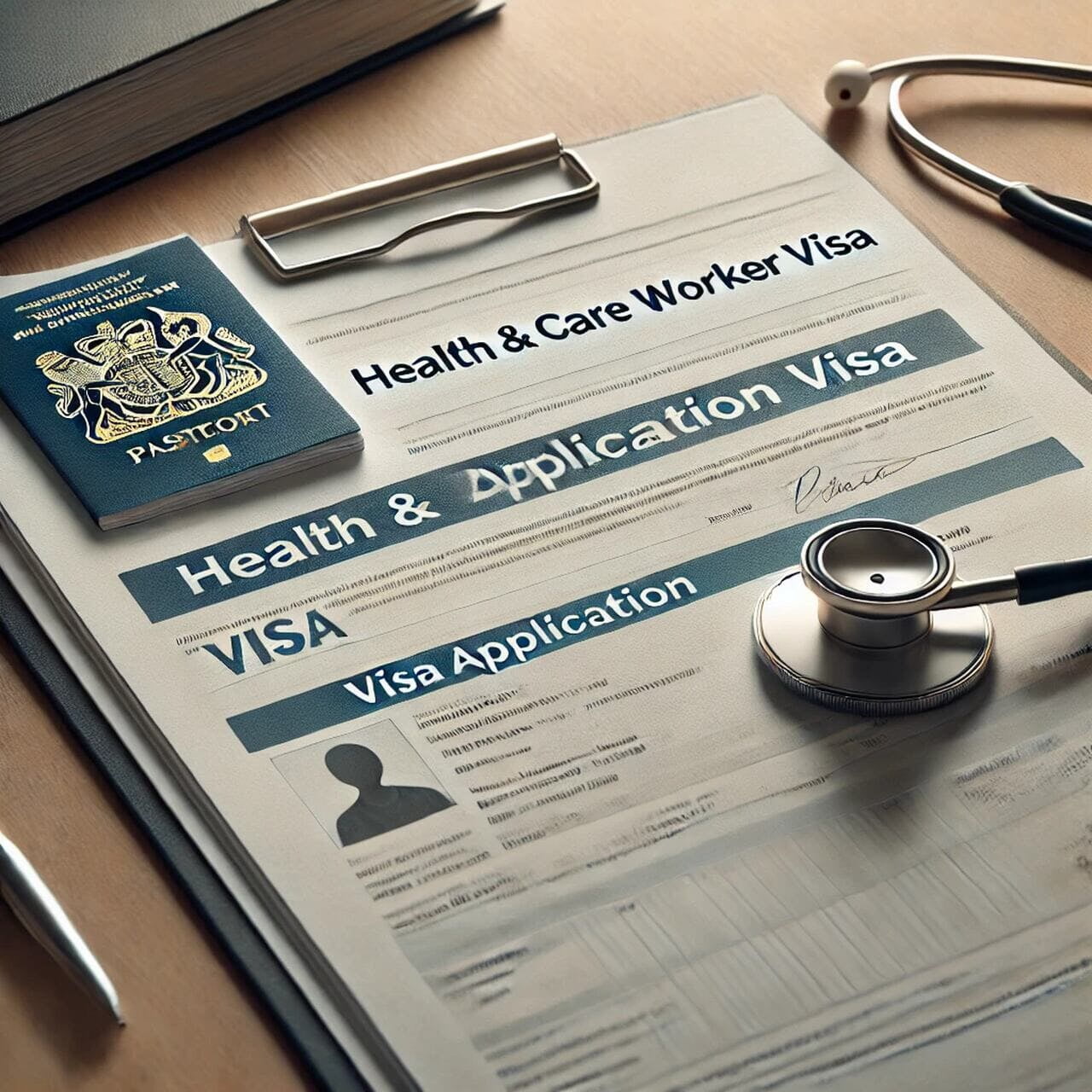
The United Kingdom has long been a sought-after destination for healthcare professionals, particularly registered nurses from across Europe. With a robust healthcare system, known as the National Health Service (NHS), and a strong commitment to patient care, the UK offers a wealth of opportunities for European nurses looking to expand their careers. In recent years, the contribution of European nurses has become even more critical as the UK faces a growing demand for qualified nursing professionals. This article delves into what the UK has to offer to European registered nurses, covering aspects from career progression to work-life balance, and from cultural integration to the impact of Brexit.
Demand for Nurses in the UK
The UK is currently experiencing a significant shortage of nurses, a situation that has been exacerbated by the COVID-19 pandemic and the increasing healthcare needs of an aging population. European nurses have played a vital role in filling this gap, bringing valuable skills and experience to the UK’s healthcare system. The NHS and private healthcare providers alike are actively recruiting nurses from the EU, offering competitive packages and support to ensure a smooth transition.
UK Nursing Salaries and Benefits
One of the key attractions for European nurses considering a move to the UK is the competitive salary structure. NHS nurses are paid according to the Agenda for Change (AfC) pay scale, which provides clear progression based on experience and qualifications. In addition to a base salary, nurses can benefit from overtime pay, unsocial hours payments, and a generous pension scheme. Comparing these benefits with other European countries, the UK offers a strong financial incentive, particularly when coupled with opportunities for further career advancement.
Career Progression for Nurses in the UK
The UK healthcare system is renowned for offering robust career progression opportunities. Nurses can specialize in various fields such as pediatrics, oncology, critical care, and more. The NHS encourages continuous professional development (CPD) through various programs and funding opportunities, enabling nurses to enhance their skills and advance to senior roles, including management and leadership positions. European nurses in the UK have access to these pathways, allowing them to build a dynamic and fulfilling career.
Work-Life Balance and Flexibility
Work-life balance is a crucial factor for nurses, and the UK offers a range of options to ensure that nurses can maintain a healthy balance between their professional and personal lives. With flexible working hours, including part-time and shift work, nurses can choose schedules that suit their lifestyle. Additionally, the NHS provides support for parental leave, part-time working options, and job-sharing arrangements, which can be particularly beneficial for those with family commitments.
Cultural Diversity and Inclusion
The UK is known for its multicultural society, and this is reflected in its healthcare workforce. European nurses will find a welcoming environment where diversity is celebrated. Many hospitals and healthcare facilities have support systems in place to assist international nurses with settling in, including language support and cultural orientation programs. The inclusive work environment helps to ensure that all nurses, regardless of their background, feel valued and respected.
Education and Training Opportunities
The UK offers numerous opportunities for nurses to further their education and training. The NHS and other institutions provide access to advanced training programs, including those funded by the government, that allow nurses to pursue specialized certifications and degrees. For those interested in academic progression, there are also opportunities to undertake Master’s programs and other higher education courses. These educational opportunities are designed to equip nurses with the skills needed to meet the evolving demands of healthcare.
Visa and Immigration Support
Navigating visa and immigration requirements is a crucial consideration for European nurses wishing to work in the UK. Post-Brexit, the immigration process has changed, but the UK remains open to skilled healthcare professionals. The Skilled Worker Visa is the primary route for EU nurses, offering a straightforward process with support from employers in the form of sponsorship. Additionally, nurses can bring their families to the UK, with visas available for dependents, ensuring that the move is as smooth as possible.
Registration and Licensing Process
To work as a registered nurse in the UK, European nurses must register with the Nursing and Midwifery Council (NMC). This process involves meeting specific criteria, including English language proficiency, typically demonstrated through the IELTS or OET exams. The NMC also requires evidence of qualifications and professional experience. While the process can be complex, there are numerous support services available to help nurses navigate registration, including guidance from professional bodies and employers.
Working Conditions in the UK
The working conditions for nurses in the UK are designed to promote a safe and supportive environment. This includes manageable nurse-to-patient ratios, which ensure that nurses can provide high-quality care without being overstretched. Additionally, healthcare assistants and other support staff play a crucial role in aiding nurses, helping to reduce the workload. The NHS also prioritizes workplace safety and offers mental health resources to support nurses in managing the stresses of the job.
Cost of Living in the UK
While the UK offers many professional benefits, it is also important to consider the cost of living. The UK’s living expenses can vary significantly depending on the region, with London and the South East generally being more expensive than other parts of the country. However, many employers offer relocation packages and assistance with finding affordable housing. Financial planning is crucial, and with careful budgeting, nurses can enjoy a comfortable lifestyle while working in the UK.
Social Integration and Community Life
Moving to a new country can be challenging, but the UK offers numerous opportunities for social integration. Many European nurses find it easy to settle into local communities, thanks to the welcoming nature of the British people. There are also active expatriate networks and social groups that help international nurses connect with others who share similar experiences. Additionally, the UK’s rich cultural heritage offers plenty of opportunities to explore and enjoy new experiences.
Impact of Brexit on European Nurses
Brexit has brought about significant changes in the relationship between the UK and the EU, affecting European nurses in various ways. While there are new regulations to navigate, the UK government and the NHS have made efforts to ensure that the country remains an attractive destination for European nurses. Despite the challenges, many opportunities remain for those who wish to build a career in the UK, with long-term career stability still achievable.
Frequently Asked Questions (FAQs)
1. What is the process of becoming a registered nurse in the UK for EU citizens?
To become a registered nurse in the UK, EU citizens must register with the NMC, which involves proving English language proficiency, qualifications, and professional experience.
2. What are the main benefits for EU nurses working in the UK?
EU nurses benefit from competitive salaries, career progression opportunities, access to advanced training, and a supportive work environment in the UK.
3. How does the UK support the professional development of EU nurses?
The UK supports professional development through continuing professional development (CPD) programs, funding for further education, and clear pathways for career advancement.
4. Are there any challenges EU nurses face in the UK?
Challenges include navigating the registration process, adapting to a new healthcare system, and managing the higher cost of living in certain regions.
5. What are the language requirements for EU nurses in the UK?
EU nurses are required to demonstrate English proficiency, typically through the IELTS or OET exams, as part of the NMC registration process.
6. How has Brexit affected EU nurses in the UK?
Brexit has introduced new immigration and registration requirements, but the UK remains committed to welcoming EU nurses and supporting their integration into the workforce.
Conclusion
The United Kingdom offers a wealth of opportunities for European registered nurses, from competitive salaries and career progression to cultural integration and professional development. While the post-Brexit landscape presents some new challenges, the UK's healthcare system continues to value and welcome the contributions of European nurses. For those considering a move, the UK provides a dynamic and rewarding environment in which to build a successful nursing career.

Visa Options for European Nurses to Work in the United Kingdom
Visa Options for European Nurses to Work in the United Kingdom
European nurses can apply for the UK’s Health and Care Worker Visa, Skilled Worker Visa, or Temporary Work Visa, depending on their job offer and qualifications. The Health and Care Worker Visa is the most suitable, with lower fees and no health surcharge.

Health and Care Worker visa
Health and Care Worker visa
To Work in the United Kingdom, you must process your Work Visa with the Home Office.

Steps to work as a Registered Nurse in the United Kingdom for European Nurses
Steps to work as a Registered Nurse in the United Kingdom for European Nurses
European nurses must register with the UK’s NMC, prove English proficiency (IELTS/OET), and may need an RPQ assessment. Once registered, they can apply for jobs and obtain a visa if necessary.

How European Nurses can register with the Nursing and Midwifery Council (NMC)
How European Nurses can register with the Nursing and Midwifery Council (NMC)
In order to work as a Registered Nurse in the United Kingdom, you must Register with the NMC.
Do you still have any questions? Join our Linkedin Group "European Nurse Recruitment ".